This week is dedicated to recognizing and supporting female rangers around the world. These women play a crucial role in protecting endangered species, combating poaching, and promoting environmental sustainability. We are honouring their commitment since it’s not always an easy role. It is a male dominated industry, with tough physical challenges endured during foot patrols and many weeks spent in isolated outposts away from your family.
Full Circle Sustainability at Sakhile Centre of Learning
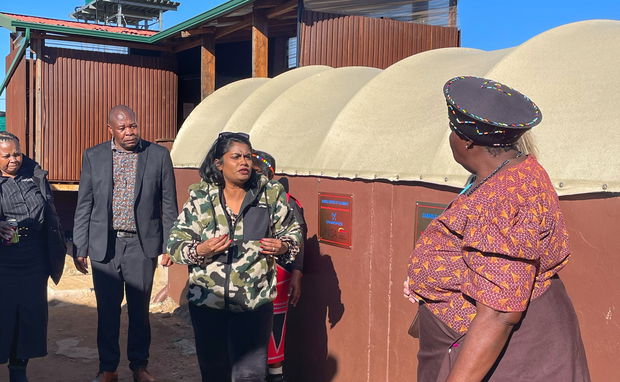
On the 22nd May, 2025 the Institute for Catalysis and Energy Solutions (ICES), a research unit at the University of South Africa (UNISA), handed over the completed Biogas Digestor & Water System, to the Sakhile Centre of Learning, situated in the aMazizini area of the uKhahlamba Drakensberg. The project was started in 2015, by Three Tree Hill Foundation and The Legacy of Grace, who eventually handed the reins over to the community and principal, Mrs Mabel Madonsela in 2023, realising her life-long dream of owning her own Early Childhood Development Centre. The final phase of the project was recently completed and to signify this event we gathered all the stakeholders together for a celebration and tour of the facilities.
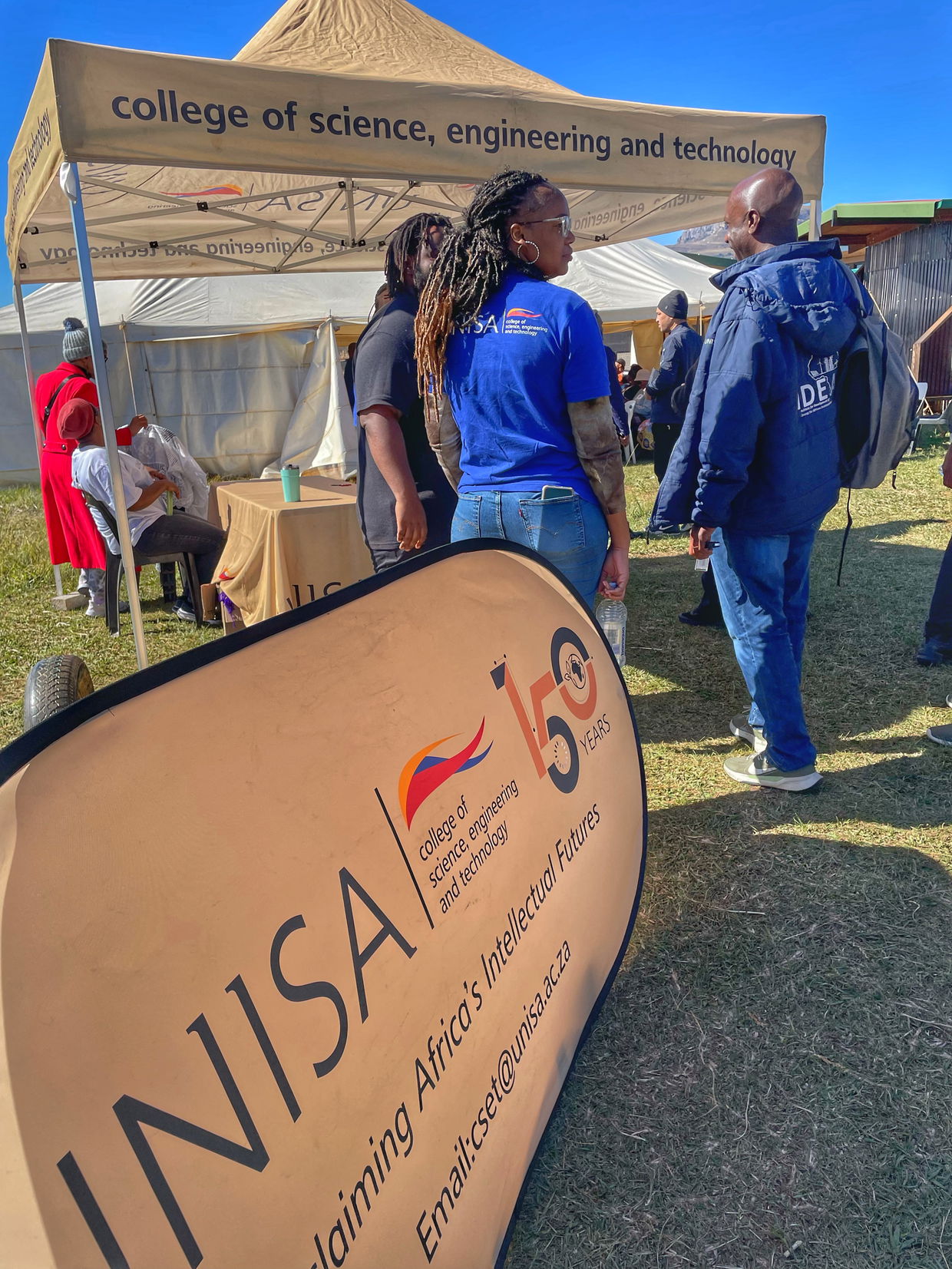 Our collaboration with the team started in March 2020, when we were looking for a sustainable waste to energy partner for this Early Childhood Development Centre. We had already built two classrooms out of recycled shipping container material, a third classroom was built out of cement-free dry-stack walls made from secondary raw materials, a kitchen and ablution facility for the centre, but needed a solution for waste and energy. We approached ICES, an engaged scholarship flagship of the College of Science, Engineering and Technology at UNISA. Their Waste to Energy Engagement Scholarship’s main goals are to disseminate knowledge in rural and urban communities and schools about sustainable and clean alternative energy sources. The emphasis is on turning domestic garbage, including organic trash, animal manure and other waste, into a clean energy source that may be used immediately in the home.
Our collaboration with the team started in March 2020, when we were looking for a sustainable waste to energy partner for this Early Childhood Development Centre. We had already built two classrooms out of recycled shipping container material, a third classroom was built out of cement-free dry-stack walls made from secondary raw materials, a kitchen and ablution facility for the centre, but needed a solution for waste and energy. We approached ICES, an engaged scholarship flagship of the College of Science, Engineering and Technology at UNISA. Their Waste to Energy Engagement Scholarship’s main goals are to disseminate knowledge in rural and urban communities and schools about sustainable and clean alternative energy sources. The emphasis is on turning domestic garbage, including organic trash, animal manure and other waste, into a clean energy source that may be used immediately in the home.
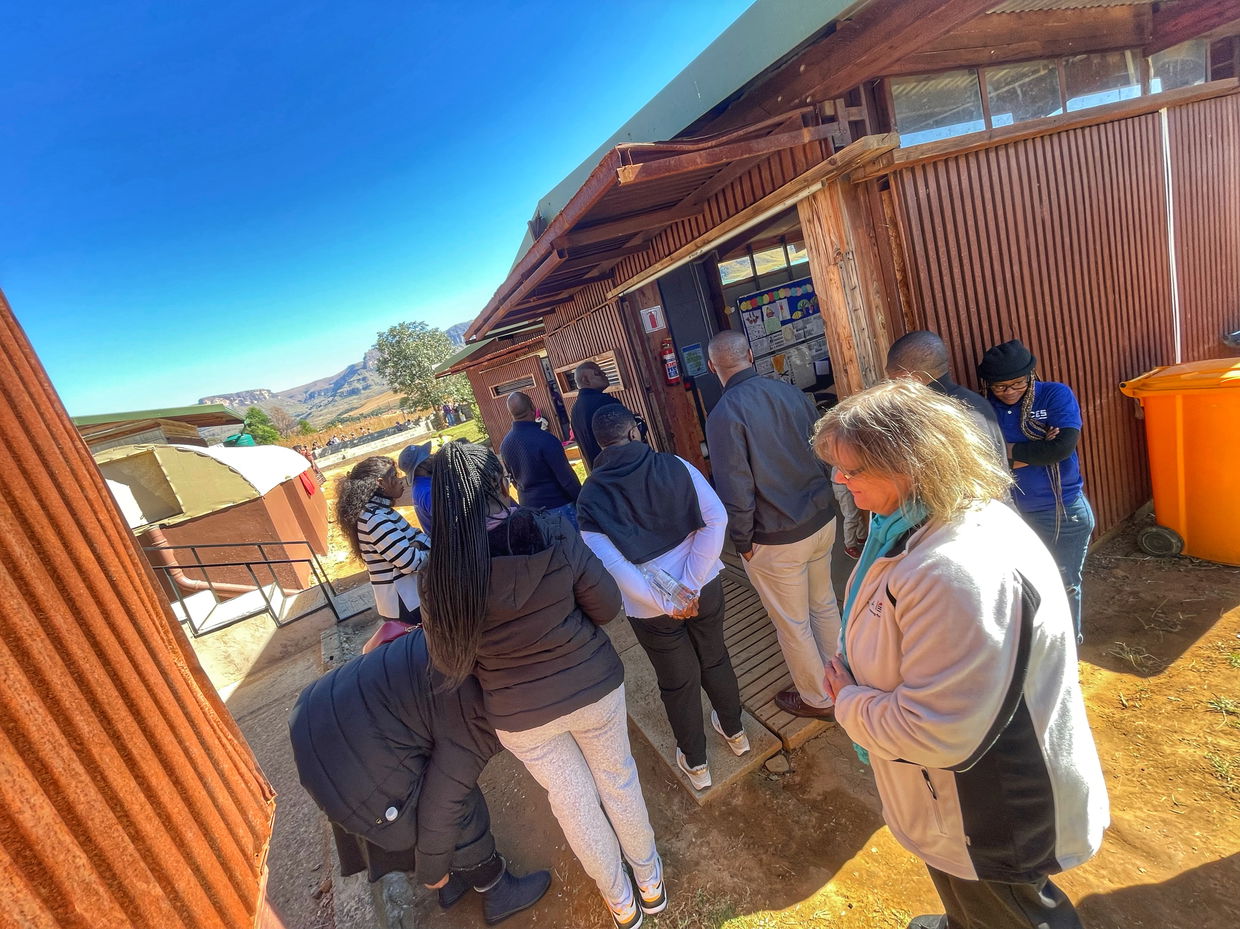
Biogas is an environmentally friendly, renewable energy source produced from organic matter, such as food waste, animal manure & human waste. This is broken down by microorganisms in the absence of oxygen. For this to take place, the waste material needs to be enclosed in an environment where there is no oxygen, so this waste is all channeled into a large, specialized, sealed canvas bag. This results in the formation of a combination of carbon dioxide (CO2) and methane gas (CH4), which is referred to as biogas. The biogas is extracted above the biodigester, then connected to a gas stove in the kitchen and used for cooking meals for the children. The overflow of the waste slurry (organic fertilizer) is eventually pumped from the biogas digester through an outlet and into the organic vegetable garden, which is tended to by the community.
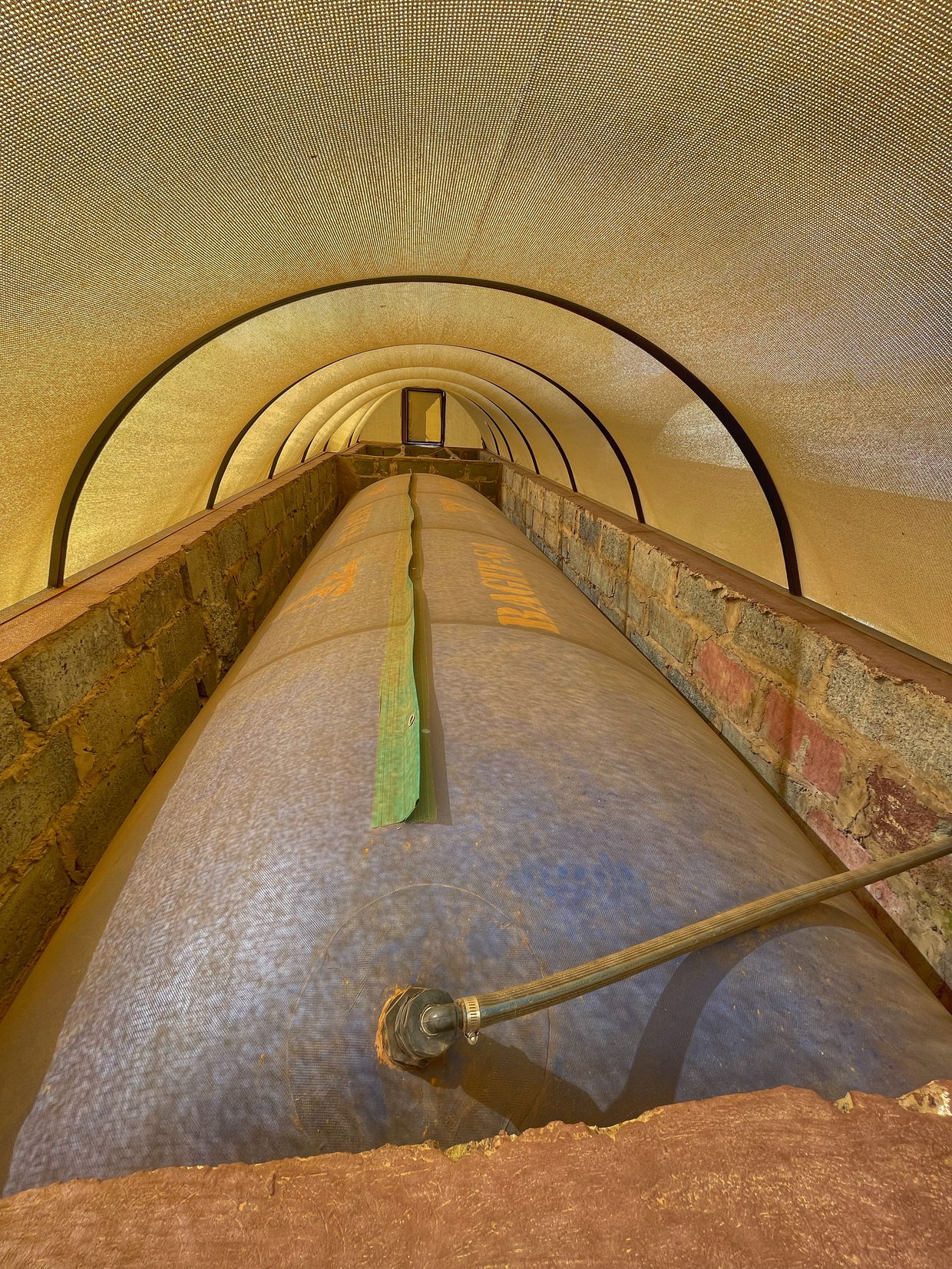 The project is the largest of its kind that the team has worked on, situated in a remote area, and started just at the beginning of the COVID-19 pandemic, which caused delays. There were also significant structural and geographical challenges, such as the biobag design, structural issues with the wall supporting the bag (because of unstable soil), the low environmental temperatures in winter, lack of water to create the slurry and the long distance the team had to travel to work on the project (380km each way) Prof Celestin Sempuga, Kamogelo Sehoole, Humphry Mbatha and Mandla Mngomezulu were so committed, persistent and professional throughout the entire project. Their dedication was truly remarkable.
The project is the largest of its kind that the team has worked on, situated in a remote area, and started just at the beginning of the COVID-19 pandemic, which caused delays. There were also significant structural and geographical challenges, such as the biobag design, structural issues with the wall supporting the bag (because of unstable soil), the low environmental temperatures in winter, lack of water to create the slurry and the long distance the team had to travel to work on the project (380km each way) Prof Celestin Sempuga, Kamogelo Sehoole, Humphry Mbatha and Mandla Mngomezulu were so committed, persistent and professional throughout the entire project. Their dedication was truly remarkable.
A very special mention and heartfelt gratitude to two key donors Ms. Cheryl Grace, Founder and the Hubers Foundation – your generosity, belief in our cause, and commitment to rural education and sustainability has made a lasting impact on this project and on the lives it will touch for years to come. We are so incredibly grateful.
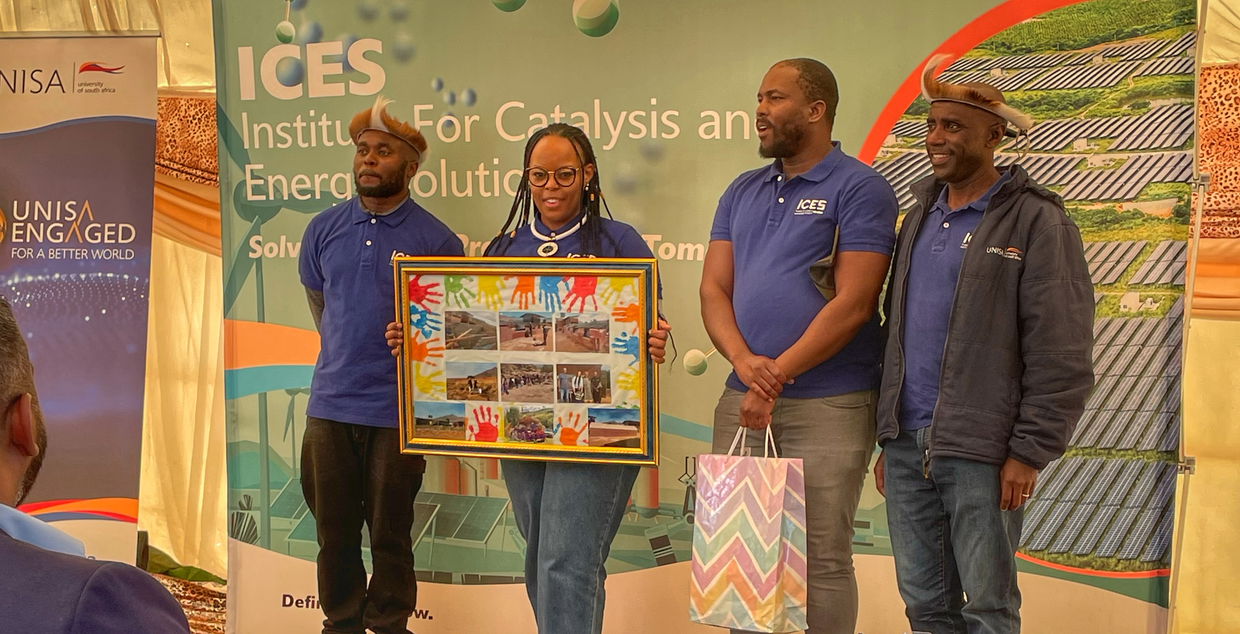
There were many other stakeholders that made the project successful, namely Grundfos, Mr Rishaad Ebrahim, who sponsored the borehole & booster pumps to give us water. Eco Tanks, Mr Justin Lindsay, sponsored the water tanks. Mrs Mabel Madonsela, Sakhile principal, who owns the land and the buildings now.The school staff and leadership, Mrs Joyce Shabalala school board Chair for embracing this initiative and preparing the groundwork for its success. The local authorities, tribal and community leaders, for their support and collaboration throughout the journey. Mr Elijah Mbonane, Founder and Tour Guide who co-ordinated all the tourism and community stakeholders.
The unveiling of the biogas digestor on the 22nd May was not just to celebrate a piece of infrastructure. It was a statement—a statement that tourism, innovation and sustainable development are not reserved for far-off places or big cities. They belong right here, in rural Amazizi, in our schools, and in the hands of our youth.
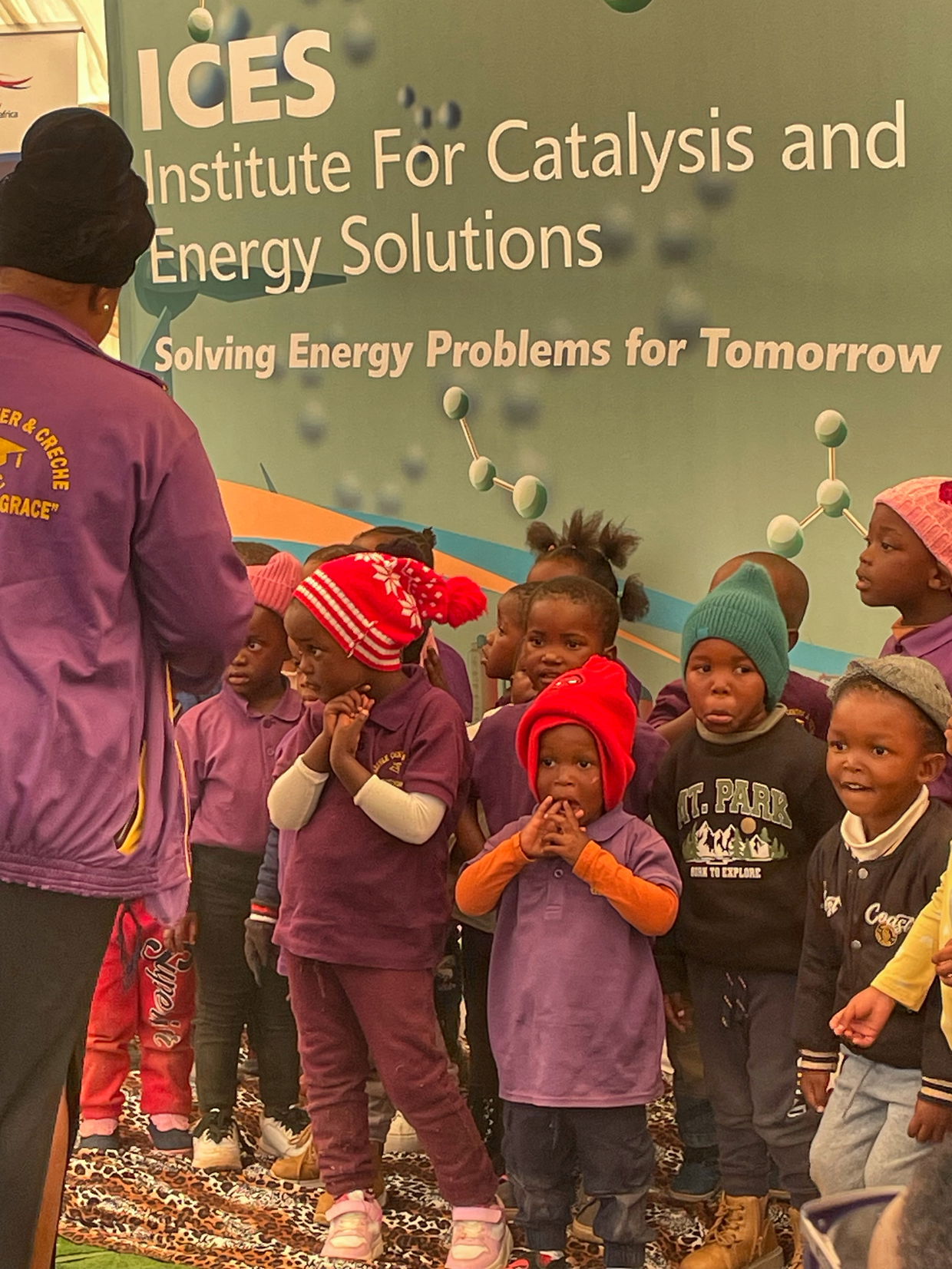
It is also about transformation.
For the school, it means lower energy costs, more reliable cooking fuel, and a new practical learning resource for the learners.
For learners, it offers real-life exposure to sustainable technology—giving them knowledge and skills they can take into the future.
For the community, it creates a model that can be replicated, inspiring similar initiatives in homes, farms, and businesses.
We are empowering learners not only to study science, but to live it—to see how environmental stewardship and innovation go hand in hand.
Legacy of Grace and Three Tree Hill Foundation are extremely proud of all that has been achieved and built with donors, both small and big. We thank you.
Further Reading
"You don't have to cook fancy or complicated masterpieces. Just good food from fresh ingredients." - Julia Child -
Three Tree Hill is the first lodge in KwaZulu Natal to be certified VEGAN.


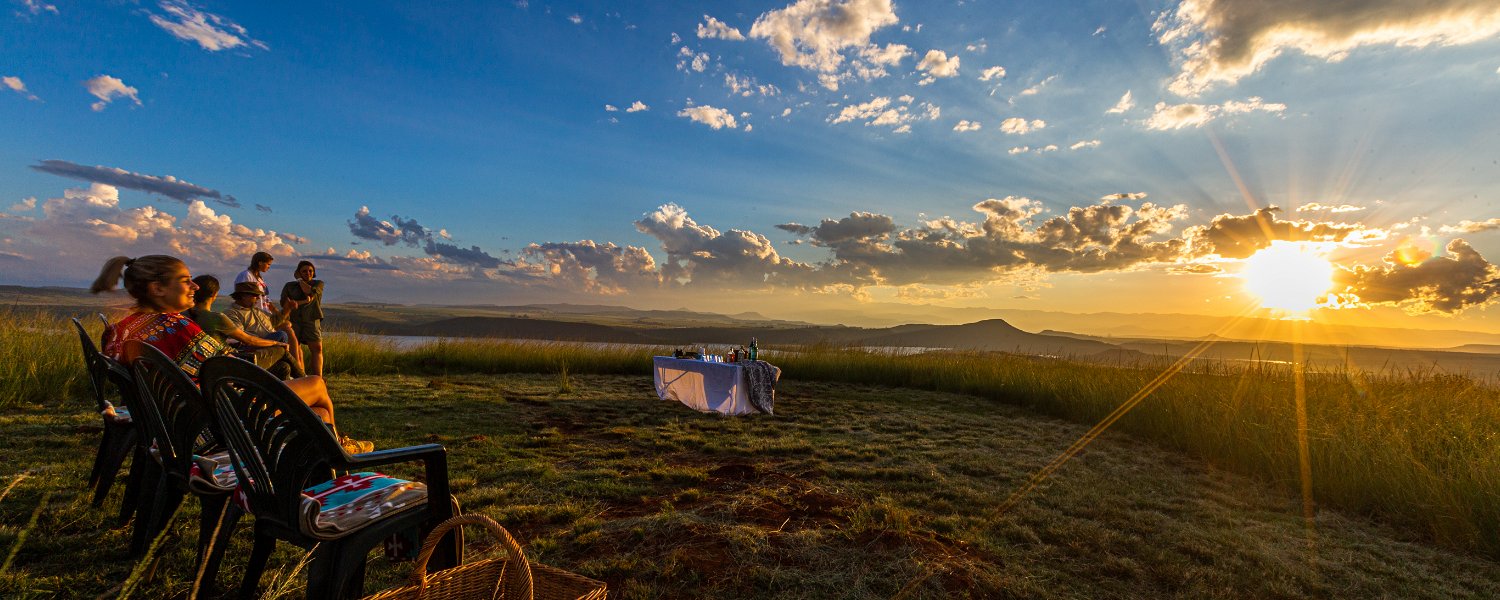



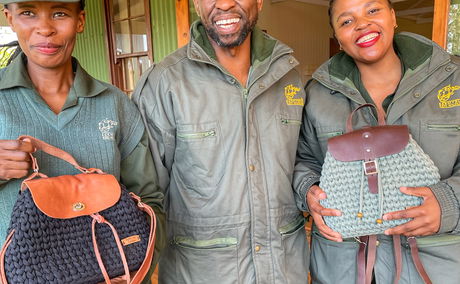
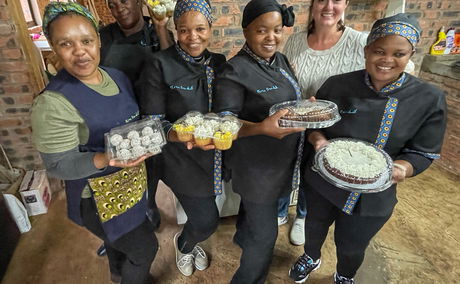
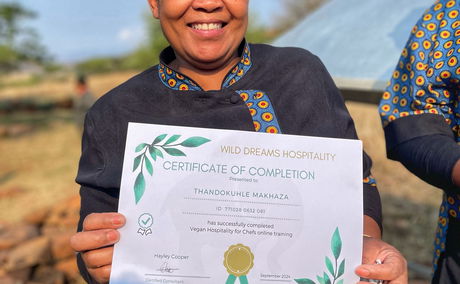



Share This Post